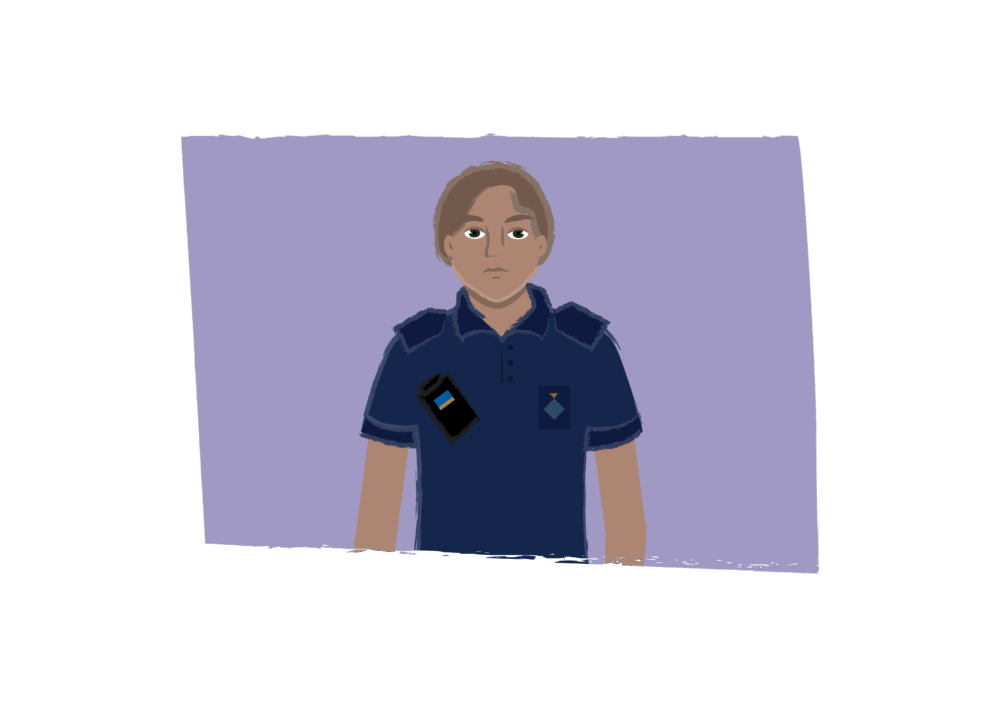It’s important that you feel familiar with your surroundings. You will be given information as soon as you arrive, and then receive a fuller induction within your first couple of weeks in custody.
There are rules to keep you and others safe, and staff will explain these rules to you.
You might stay on an induction unit during this time, which is a separate area to help new people settle in.
You should have extra help with communication if you need it – for example, if English is not your first language or if you have a disability.
You will have a health assessment and a nurse will ask about your health needs. They will use your answers to help make a care plan for you.
You will meet regularly with a lead staff member who will support and care for you during your stay.
Your Youth Justice Service (YJS) case manager, your social worker or personal advisor (if you have one) will keep in regular contact with you.
You will be given support from other members of staff from different teams, such as health, chaplaincy, safeguarding or substance misuse. They will each explain what their role is.
The people supporting you will understand your story and should find out about your life, any problems you face and the help you may need.
At the end of your induction, you will be given information about your daily and weekly programme.
Previous page:
Next page:
